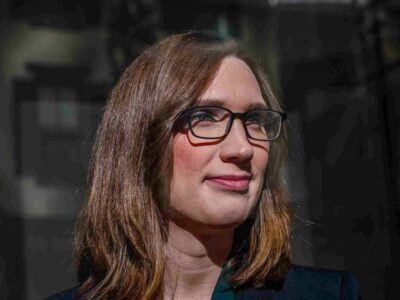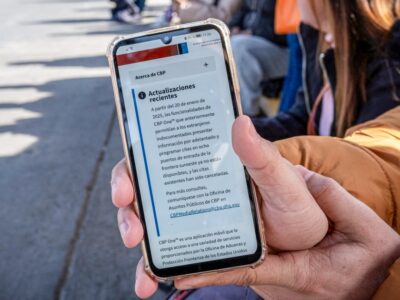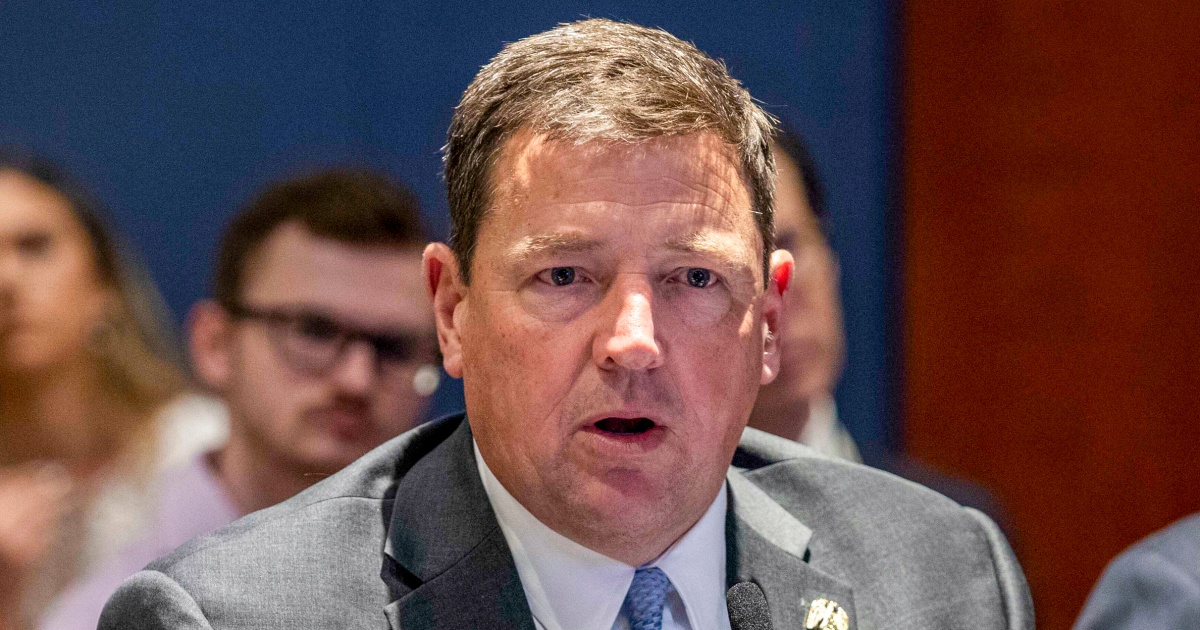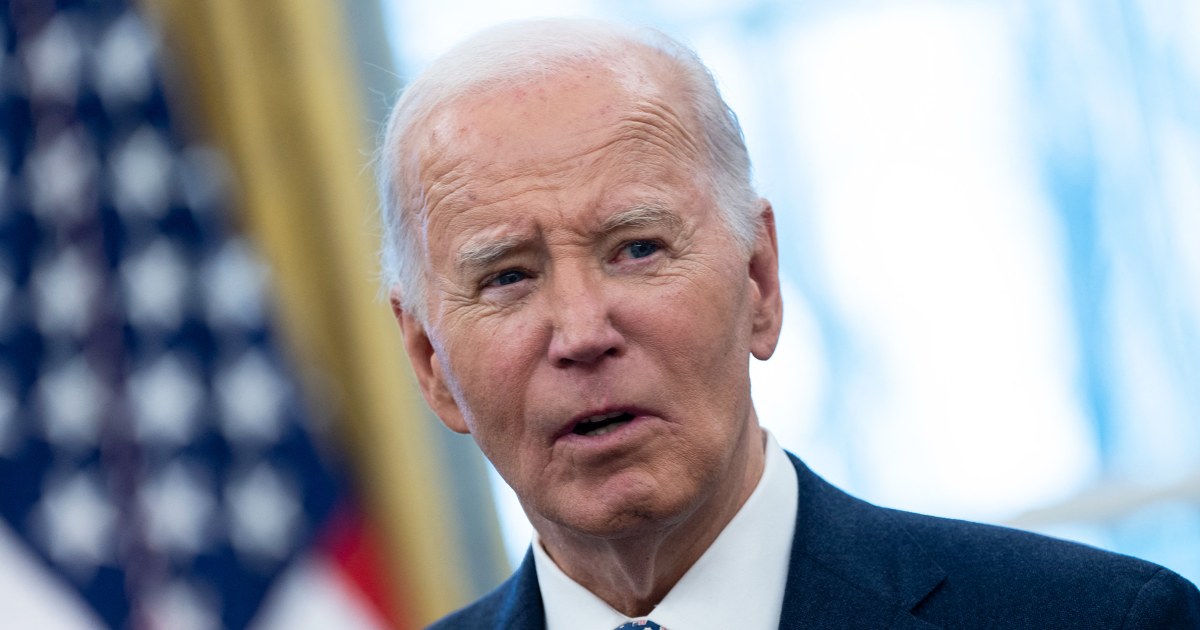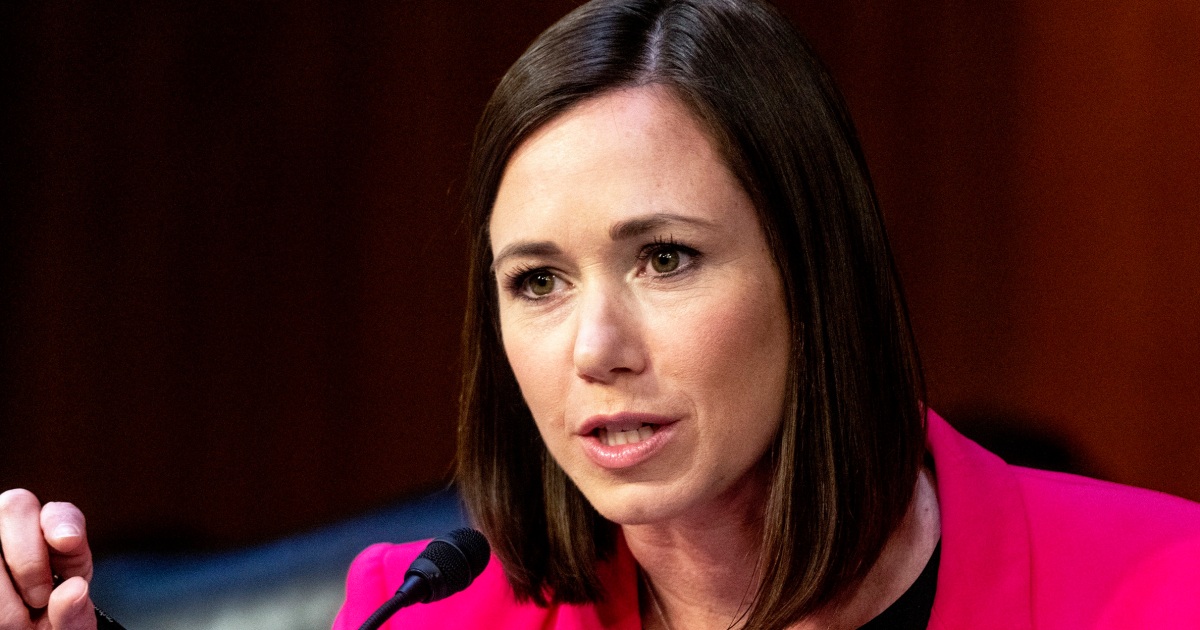
This story is a partnership with the Investigative Reporting Workshop, a nonprofit news organization.
The newly renovated convention center was lined with booths offering flyers and merchandise; the upstairs conference rooms were hosting a series of information sessions about housing, education, and health care services, and a couple of bouncy castles had been set up as part of the provided child care.
The daylong event called Res-Con, held on a sunny Saturday in April, was meant as a community resource fair, aimed at connecting residents with vital services. But the event was mostly empty. The front door traffic never amounted to much more than a trickle, and few of the upstairs talks had more than a handful of people in attendance.
Among those wandering the convention floor was 67-year-old Cece Brown, who over the last decade has become one of the state’s well-known proponents for addiction treatment and recovery services following the death of her 27-year-old son, Ryan.
By then, the boy who had loved Little League and played the cello had spent years battling the addiction he’d developed in college and struggled to find health care while working food service jobs that did not offer benefits. Then, in early 2014, millions of uninsured Americans were offered a lifeline when, as part of the Affordable Care Act, states were given the ability to opt-in to an expansion of Medicaid eligibility. But, for Ryan, it came too late. In April, he received his health care card in the mail. Three days later, he fatally overdosed on heroin.
“I can’t say that he would have lived. But I can say that it would have given him a chance.”
“I can’t say that he would have lived,” Brown said of an alternative history in which her son had access to health care sooner. “But I can say that it would have given him a chance.”
President Obama’s signature effort to improve access to health care, which came to be known as Obamacare, issued an “individual mandate” requiring all citizens to have health insurance or pay a fine, created a government-ensured marketplace of health care plans, and restricted insurance companies from denying care for those with preexisting conditions, among other reforms. The 800-page bill was, at the time, deeply unpopular, especially in deep red states like West Virginia. Just two years later, Donald Trump would ascend to the presidency—with the support of nearly 69 percent of voters here in West Virginia—in part by promising to overturn the law, which at the time a Kaiser Family Foundation poll showed was seen favorably by just 43 percent of Americans.
“They didn’t even understand that they were benefiting from Obamacare in so many cases,” said Kim Jones, who became a health care advocate in West Virginia after struggling to find medical care for her daughter’s diabetes, and who recounted a spirited local town hall in which proponents and opponents of the law angrily clashed. “I stood in the back, at one point, and realized that everybody…was saying exactly the same thing: that they wanted their families to be safe, and they wanted to be able to afford health care.”
While the ACA remains a political battleground, its popularity improved dramatically once its benefits became available. Today, it’s seen favorably by 62 percent of Americans. “We should all be proud of the enormous progress that we’ve made,” Obama declared from the stage at the Democratic National Convention in August. “And I’ve noticed, by the way, that since it’s become popular, they don’t call it Obamacare no more.”
In West Virginia, the rate of uninsured residents dropped more than half between 2013 and 2021, thanks to the ACA. And residents continue to sign up for the benefits it has provided in droves: In 2023, West Virginia saw the highest year-over-year enrollment in marketplace plans of any state in the nation.
“If any major changes were to happen [to the ACA] it could be devastating,” Brown said.
That potential for devastation in communities that have loyally supported him has not prompted Trump to abandon his vows to scrap the ACA. Last November, he declared that the program’s cost was “out of control” and promised that he was “seriously looking at alternatives” before adding that Republicans “should never give up” their efforts to overturn the health care law.
While there is little likelihood such proclamations will undercut his campaign in places like West Virginia—a MetroNews West Virginia poll found in August that Trump had the support of 61 percent of likely voters, compared with just 34 percent supporting Kamala Harris—a successful repeal would take health care benefits from some of his most ardent supporters.
“The repeal of the ACA would make [access to health care]…just catastrophically worse in our state,” said Rhonda Rogombé, an analyst at the West Virginia Center on Budget and Policy. “It would mean that hundreds of thousands of people lose coverage overnight. And within the recovery population, it would just decimate their access to treatment.”
Even as they acknowledge that attacks on the ACA remain potent political rhetoric, health care experts question whether, at this point, it would even be possible to extract the benefits, reforms, and services provided by Obamacare from the rest of the American health care system. “It’s like trying to repeal the interstate highway system,” said Timothy Jost, a policy expert and emeritus law professor at Washington and Lee University. “It’s there. And I mean, there’s no way you could repeal the entire statute.”
“The Affordable Care Act is so entangled in the fabric of our lives. I don’t know how the healthcare system would survive if the entire ACA was repealed,” added Chiquita Brooks-LaSure, who administers the Centers for Medicare and Medicaid Services, in an interview.
Yet even if a second Trump administration is unlikely to fully repeal the ACA, it could take further steps to undermine its services. In 2017, Republicans were able to reduce the penalty for not having health insurance to zero, effectively eliminating the individual mandate, something Trump mentions on his campaign website. And under Trump, federal funding for “navigator programs,” which help citizens figure out how to enroll and take advantage of ACA services, was slashed from $63 million a year to just $10 million.
“All week they had been trying to do away with the Affordable Care Act in Congress,” Brown recalls of a September 2017 trip she took to appear at the White House alongside first lady Melania Trump and other families that had suffered amid the opioid epidemic.
When each person at the roundtable was asked to share suggestions, Brown told Ryan’s story, including how he received his Medicaid card just before he died, thanks to the ACA. Unbeknownst to her, her response was recorded and ended up being broadcast by the local news.
“I was glad for that, because I thought, you know, people need to hear what kind of a difference having healthcare through the Affordable Care Act can bring,” Brown said. “Because it just makes such a difference in the lives of people, or even giving them life.”
If repeated during a second Trump presidency, such cuts could upend programs like the West Virginia navigator program run by First Choice Services, said Jeremy Smith, the program director, who has worked with the program since its inception in 2013. In 2016, the state’s three navigator programs received a combined $600,000 in funding. By the last year of Trump’s presidency, two of those programs had been forced to close due to underfunding, with the remaining office getting just $100,000.
“We wanted to continue to do whatever work we could to help the community since we’d already been doing it for so long. So, you know, we hung in there and made it work,” Smith said. “But it definitely changed things as far as how much help we could provide.”
Under the Biden administration, which has focused much of its outreach on trusted messengers programs, funding for navigator programs has surpassed pre-Trump levels. Last year the administration provided $80 million in navigator grants, just over a million of which went to First Choice Services in West Virginia.
Health care providers credit such funding, as well as other Biden-era subsidies that drove down costs, with helping propel the spikes in ACA marketplace enrollments in states like West Virginia. Under the Trump administration, Smith said, his group was lucky if they could manage 50 events each year. In 2024, they held more than 30 events during each of the first three months of the year. The work, they acknowledge, can be difficult.
But even sparsely attended events, like the Res-Con convention center fair in April, can lead to crucial connections. “We’ll meet a lot of people where they are by handing out literature and talking to them, you know, just telling the community, and that seems to make a big difference,” explained Smith. “We really think it’s making…a healthier population.”


